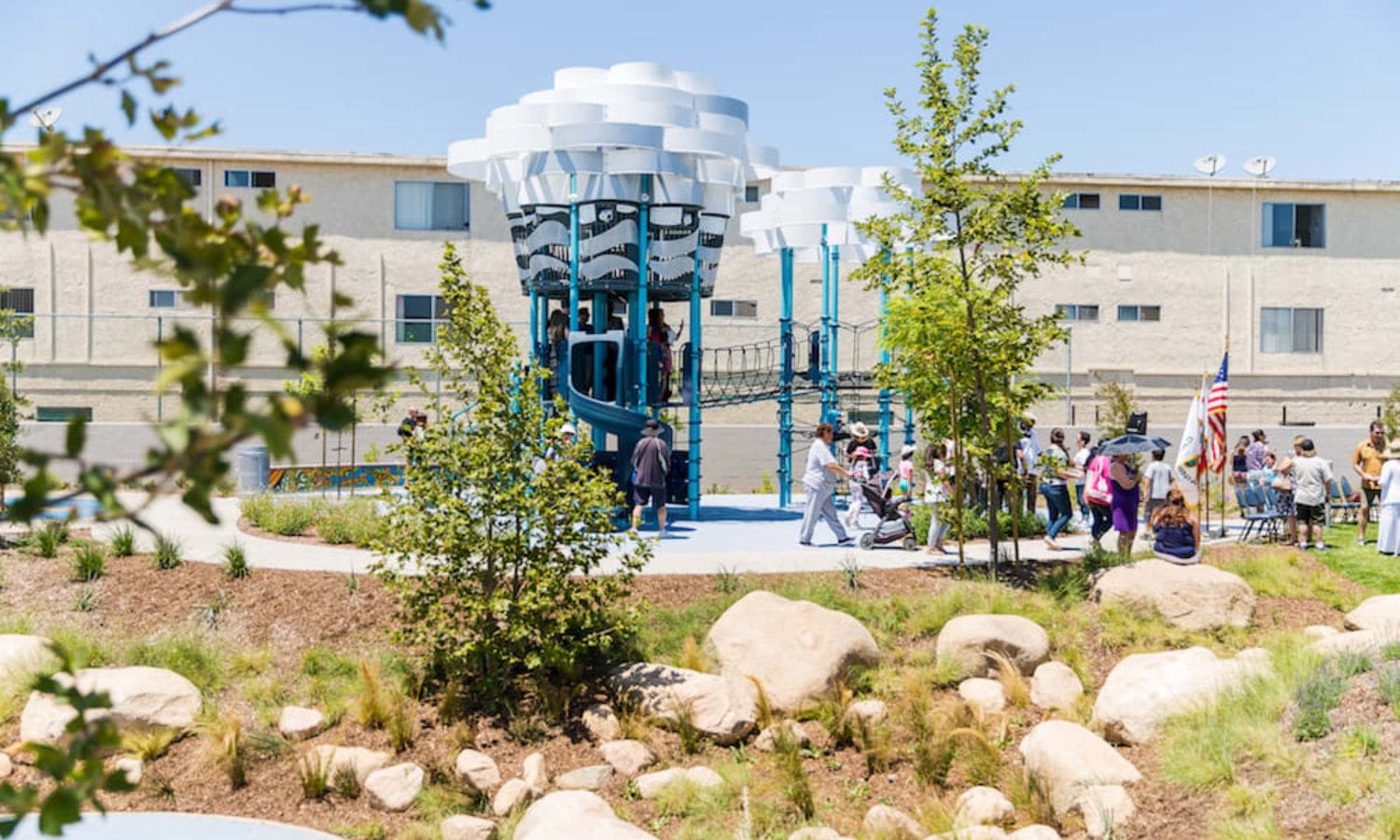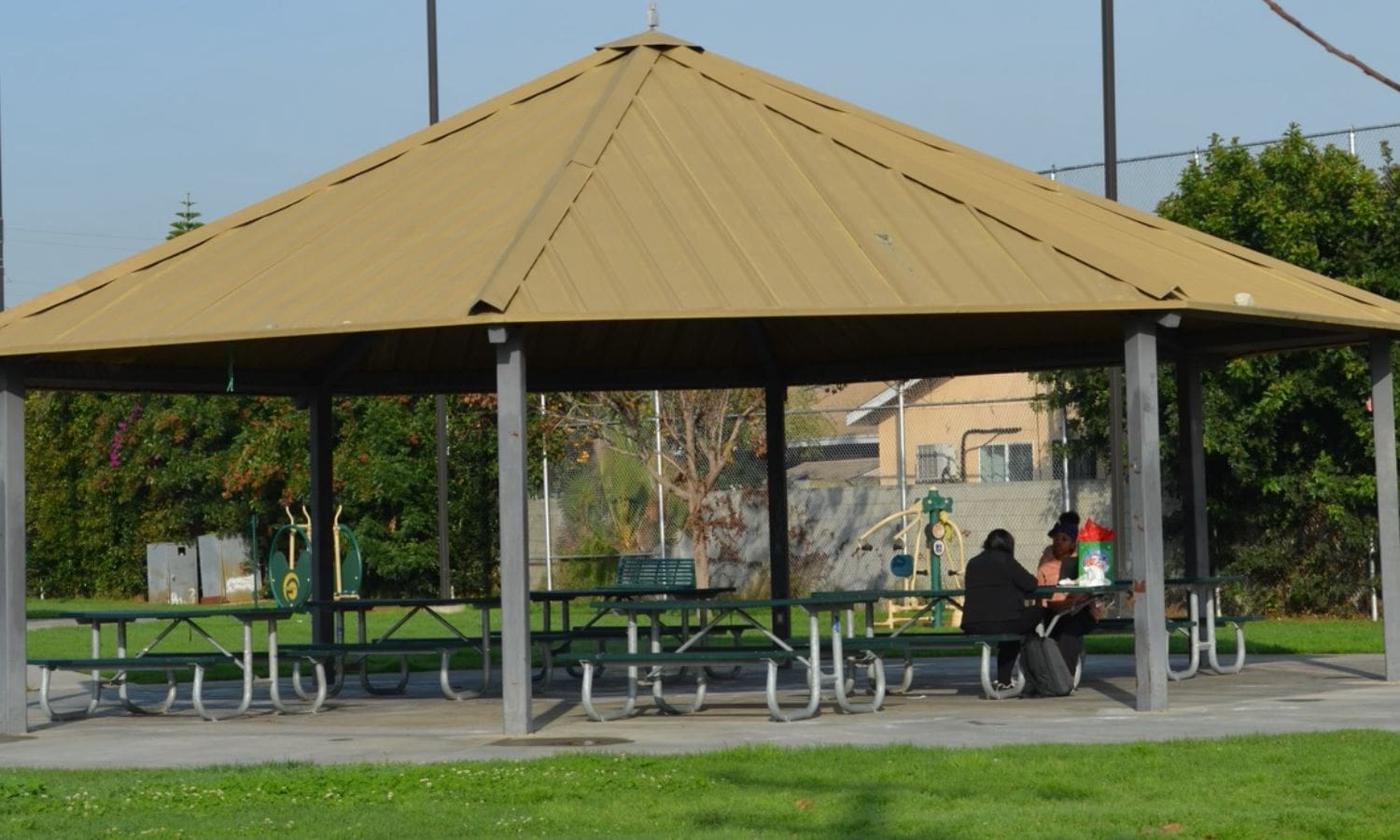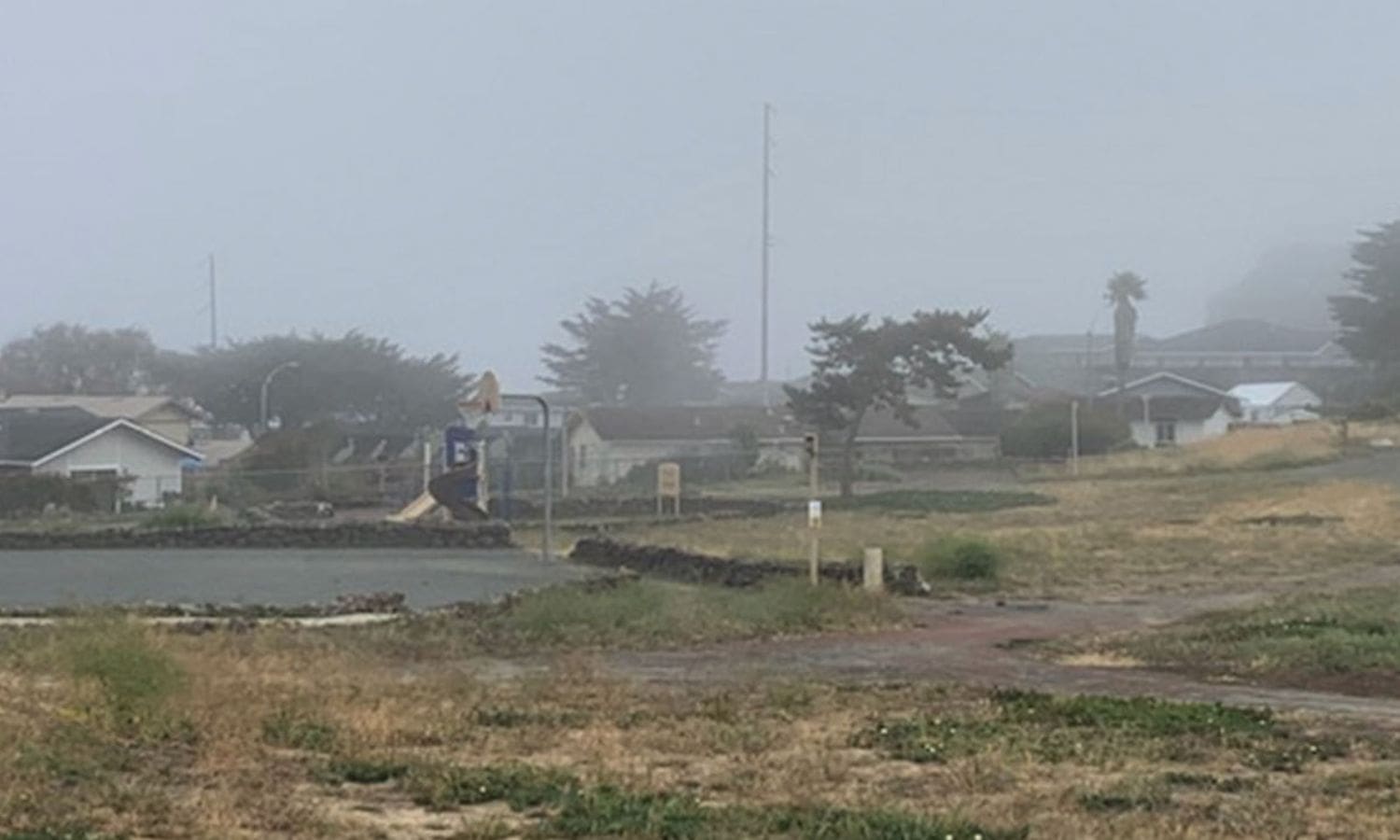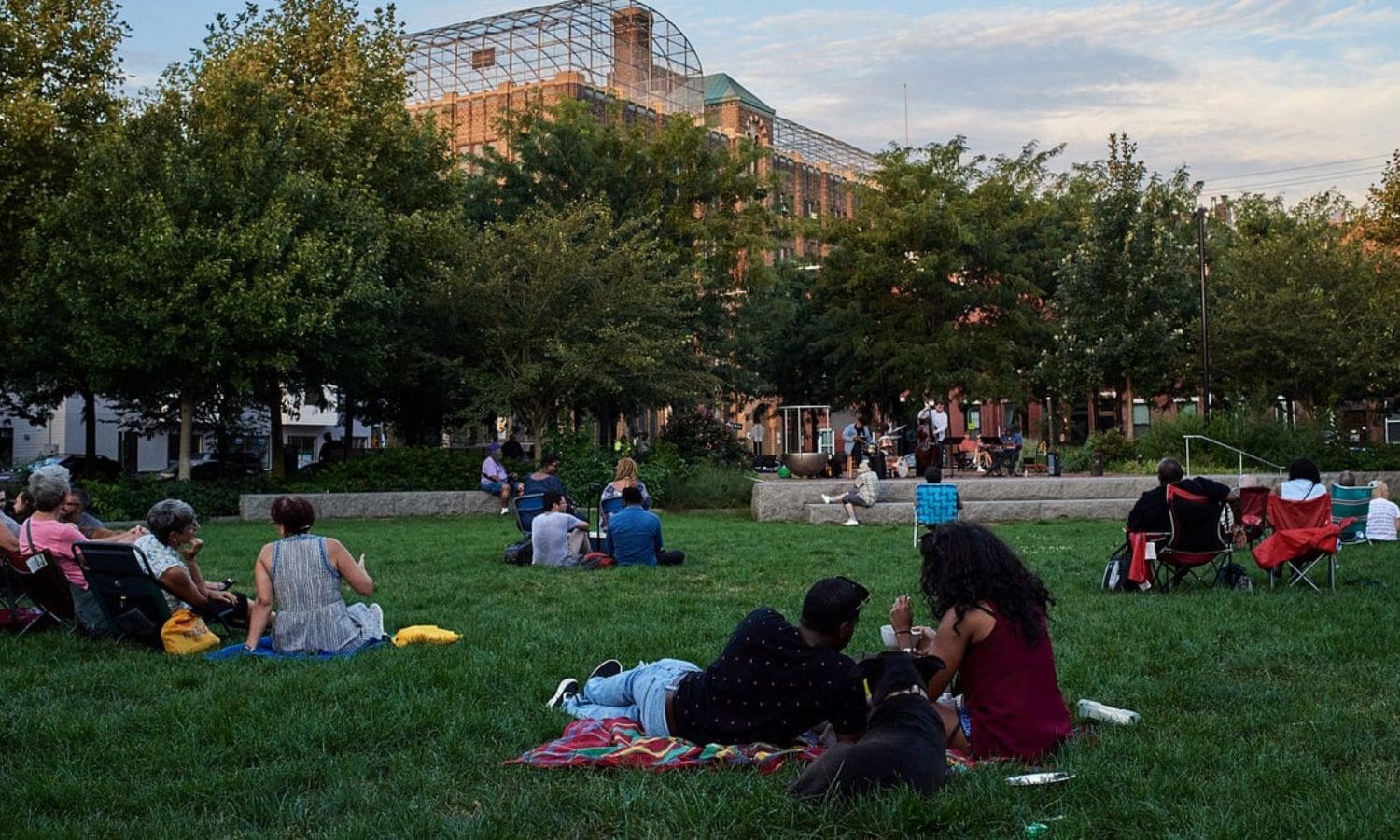Advocates Urge Increased Green Spaces: In response to the disproportionate lack of green spaces in California’s black communities, advocates are calling for increased access to nature and recreational areas. This article explores the disparities in funding and the advocacy efforts aimed at achieving equity in green space distribution.
It also discusses the Statewide Park Development Program (SPP) and highlights Seaside’s struggle to create inclusive parks. By promoting the importance of green spaces, this article aims to inform and persuade readers about the need for equitable access to nature.
Key Takeaways Of Advocates Urge Increased Green Spaces
– Funding disparities perpetuate existing inequalities and systemic racism in green spaces in California’s black communities.
– Advocacy for equity in green space funding is crucial for addressing these disparities and ensuring environmental justice.
– The Statewide Park Development Program (SPP) aims to increase green spaces in black communities and acknowledges historical and systemic barriers to access.
– Collaboration and community engagement are necessary to address challenges in prioritizing park development and advocating for green spaces in Seaside.


Disparities in Funding
Disparities in funding persist in California’s black communities’ access to green spaces. Despite the growing recognition of the importance of green spaces for physical and mental well-being, communities of color continue to face unequal access to these vital resources.
A study examining park development investments in California reveals a stark reality: black communities receive significantly less funding compared to their white counterparts. This disparity not only perpetuates existing inequalities but also reinforces the systemic racism embedded within our society.
By denying adequate funding to black communities, we are effectively limiting their ability to enjoy the same benefits and opportunities that green spaces provide. It is essential that we address these funding disparities head-on and advocate for equitable distribution of resources.
Advocacy for Equity
A focused and concerted effort is needed to address the unequal distribution of funding for green spaces in California’s black communities, advocating for equity and ensuring equal access to these vital resources. This advocacy for equity is crucial to rectify the historical inequities that have plagued these communities for far too long.
Here are four key reasons why this advocacy is necessary:
– Environmental justice: Green spaces provide numerous environmental benefits, such as improving air quality, reducing urban heat island effects, and mitigating climate change impacts. Ensuring equitable access to these spaces is essential for creating healthier and more sustainable communities.
– Health and wellness: Studies have shown that green spaces promote physical activity, reduce stress, and enhance mental well-being. By advocating for equity in green space funding, we can help improve the health outcomes of black communities.
– Social cohesion: Green spaces serve as gathering places where communities can come together, socialize, and build strong bonds. By advocating for equal access to these spaces, we can foster community engagement and solidarity.
– Economic empowerment: Green spaces can also contribute to economic development by attracting visitors, creating job opportunities, and boosting local businesses. By advocating for equity, we can ensure that black communities have an equal share in these economic benefits.
The Statewide Park Development Program (SPP)
Under the Statewide Park Development Program (SPP), significant efforts are being made to increase green spaces in California’s black communities.
The SPP is a state-funded initiative that aims to address the disparity in park access and quality for underserved communities, particularly those with higher concentrations of black residents.
The program provides grants and technical assistance to local agencies and community organizations to develop and enhance parks, trails, and recreational facilities.
By prioritizing projects in black communities, the SPP acknowledges the historical and systemic barriers that have limited access to green spaces.
Increasing the availability of parks not only provides opportunities for physical activity and recreation but also contributes to improved mental health and social cohesion.
The SPP is a crucial step towards creating more inclusive and equitable green spaces that benefit all Californians.


Also Read: California Adopts Lottery System for Loan Equality
Seaside’s Struggle
Amidst the efforts to increase green spaces in California’s black communities, Seaside faces its own unique challenges. This coastal city, located in Monterey County, has struggled to prioritize the development of parks and open spaces for its residents. Here are four key factors contributing to Seaside’s struggle:
– Limited available land: Seaside is a small city with limited space for new parks and green spaces.
– High land costs: The cost of acquiring land for park development is high, making it difficult for the city to allocate funds for this purpose.
– Infrastructure needs: Seaside has been focusing on improving its existing infrastructure, such as roads and utilities, which has diverted resources from park development.
– Community engagement: There is a need for greater community engagement and involvement in advocating for green spaces, as well as ensuring that the parks meet the specific needs and desires of Seaside’s residents.
Addressing these challenges will require a collaborative effort from city officials, community organizations, and residents to prioritize and invest in the development of green spaces in Seaside.
Towards Inclusive Parks
As efforts to increase green spaces in California’s black communities continue, a key focus is on developing inclusive parks that cater to the unique needs and desires of residents. These inclusive parks aim to provide a welcoming and accessible environment for everyone, regardless of their background or abilities. To achieve this, parks need to consider various factors such as amenities, programming, and design features that promote inclusivity.


Conclusion Of Advocates Urge Increased Green Spaces
In conclusion, advocating for increased green spaces in California’s black communities is crucial for promoting equity and improving the overall well-being of residents.
Disparities in funding and access to parks must be addressed to ensure that everyone has equal opportunities to enjoy and benefit from these natural spaces.
The Statewide Park Development Program and efforts like Seaside’s struggle towards inclusive parks are important steps towards creating a more inclusive and sustainable future for all Californians.

